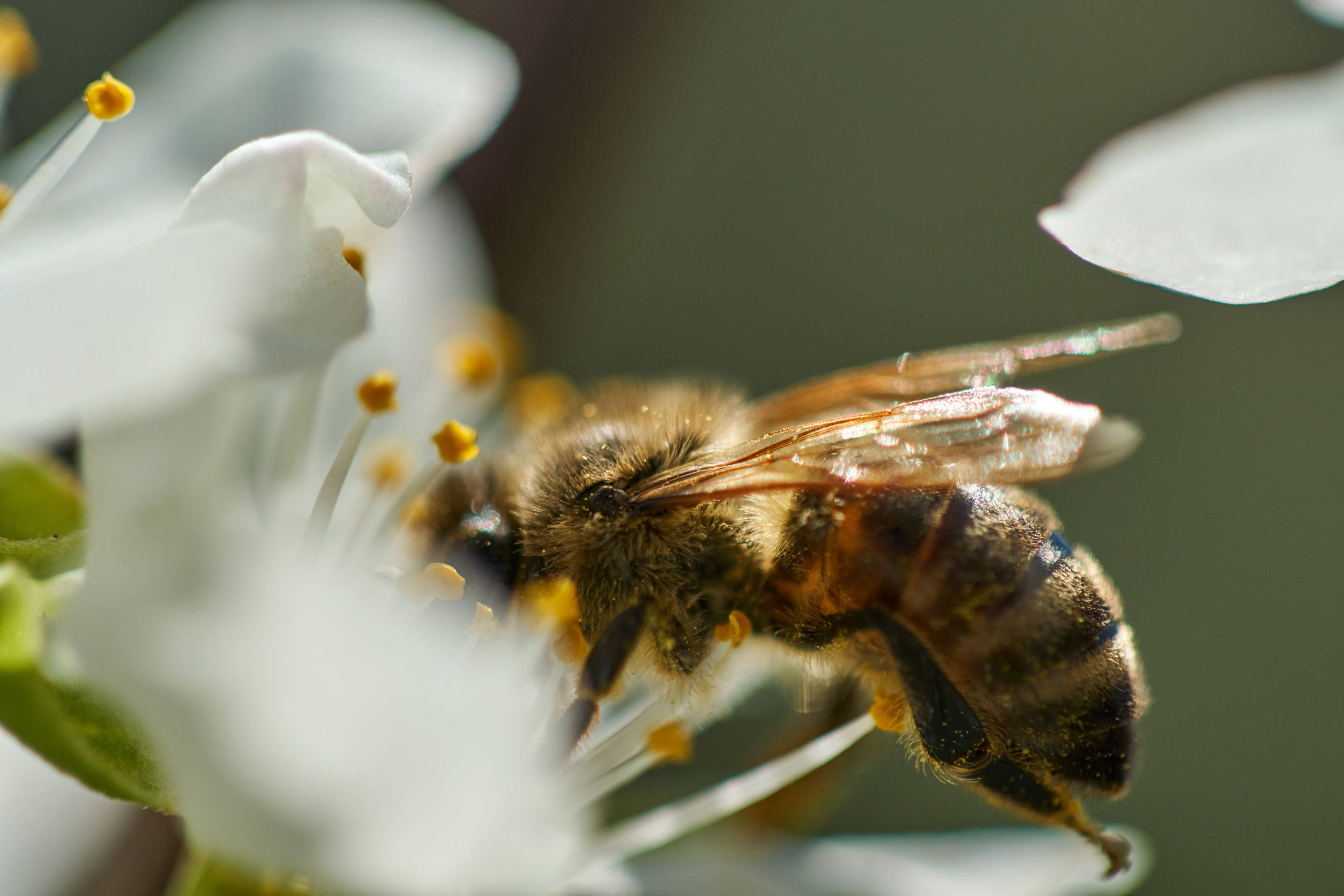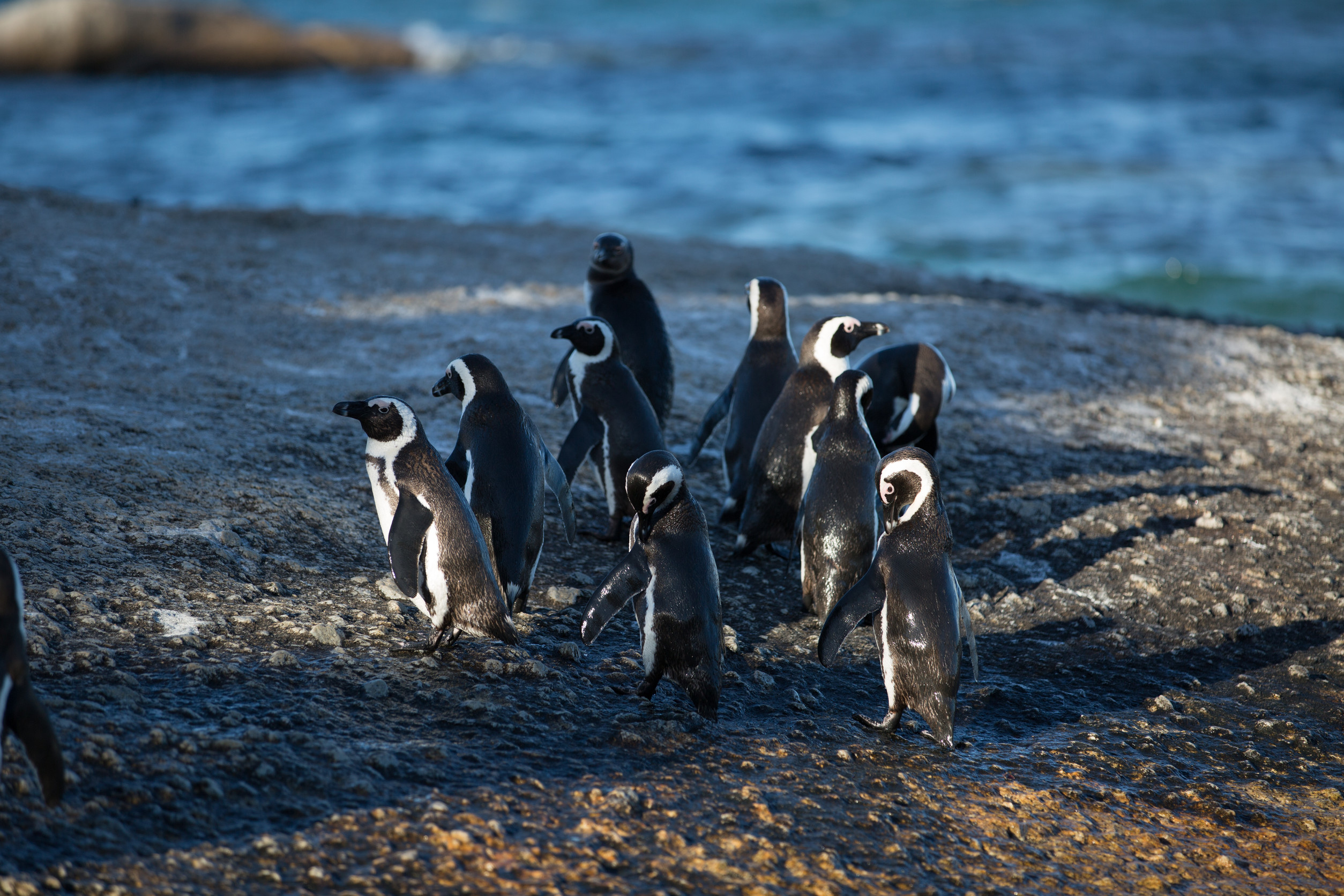Due to its amazing material properties such as flexibility, durability, and ease of manufacturing, plastic has made its way in virtually all aspects of society, becoming an indispensable material in nearly all industries. But, of course, this wondrous material has also brought our planet on the brink of an irreversible environmental crisis, pushing scientists on a race for greener alternatives.
In Japan, researchers have recently made commercially available material that they hope can be a part of the solution, introducing a bioplastic made with plant ingredients that break down in the environment in around four years.
Developed by information technology and electronics giant NEC Corp, the new bio-material reportedly offers the same durability as traditional plastic but is far friendlier for the environment. Called NeCycle, it is made up of around 50 percent cellulose sourced from non-edible plants such as wood and straw and can be used for injection molding just like regular plastics.
This property offers it the same performance as typical plastics, but it doesn’t rely on fossil fuels and biodegrades in natural environments like the ocean and soil in around four years.
NEC says it has now come up with a way of mass-producing NeCycle, which it plans to offer it in pellet form or as molded components for all kinds of products, including automotive applications and office automation equipment.










